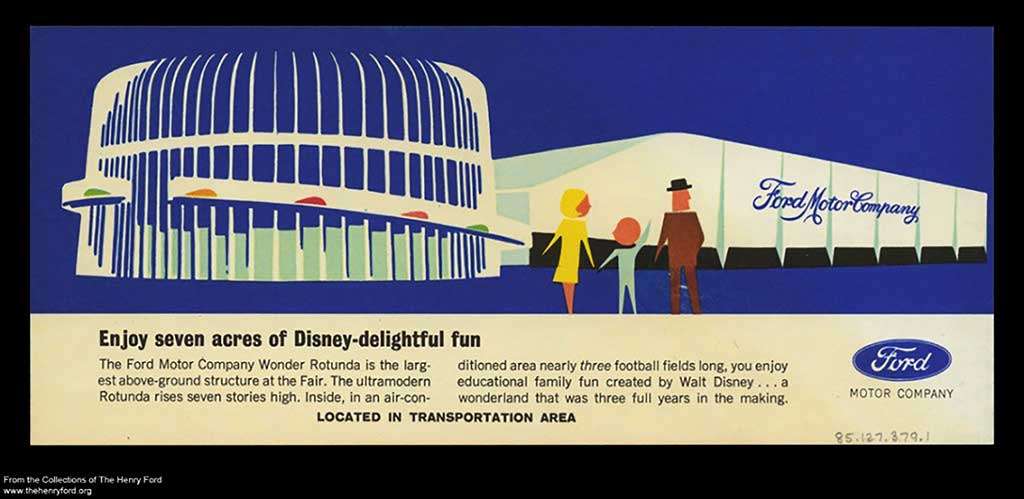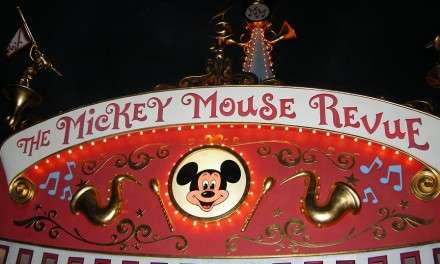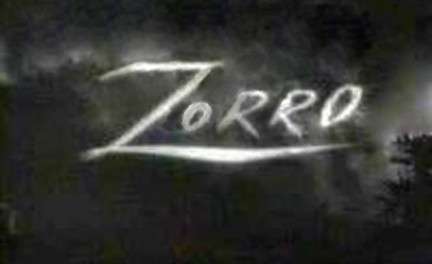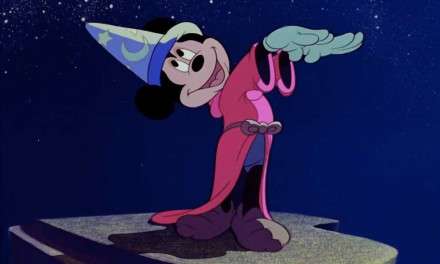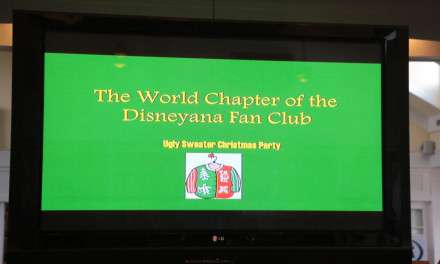Attractions at the Walt Disney resort are the magnet that brings millions of guests to the parks worldwide. Throughout the years since the opening of Disneyland, July 17th, 1955, many attractions, shows and other events have gone through renovations, refurbishments or closed entirely. Of course, when your favorite ride or attraction is given the deep six, you understandably become a bit miffed. However, one must remember that Walt never intended his park to become a museum, as he once famously quoted… “Disneyland will never be completed. It will continue to grow as long as there is imagination left in the world.” Walt always believed in “Plussing”, adding to and giving guests more than they paid for. And that meant that attractions that have gone stale or needed an update to keep pace with technology and present-day perceptions and let’s not forget cost and upkeep have been shuttered. Walt loved technology and wanted the latest and greatest in his venues.
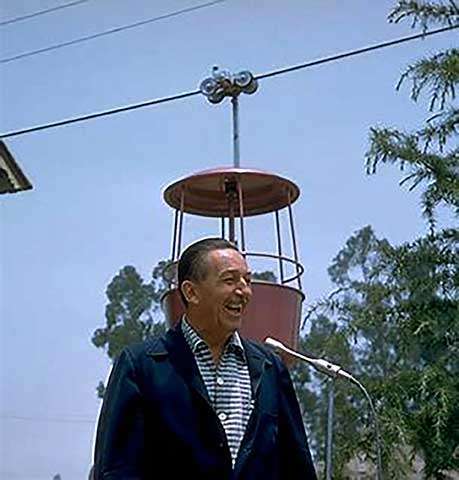
That premise continues to this day. One such attraction/transportation favorite was the Disneyland Skyway. The Skyway was a detachable monocable gondola lift transportation system, built by Von Roll, Ltd. headquartered in Bern, Switzerland. The company constructed similar ride systems for over 100 expositions, theme parks, and amusement parks. It was the first Von Roll Type 101 aerial ropeway in the United States, known as a 1947 Vonroll side chair model. Walt was so enamored by this transport device and he wanted it for his Disneyland park, that he contracted to purchase it from the Von Roll, Ltd company, this without giving thought as to where it would be located. But Walt always thought out of the box, he saw more than just an attraction, he also saw an efficient method to carry guests across the parks, and he wanted to be first to showcase it. And Walt again was right, the Skyway doubled as a transportation tool and a mild sightseeing ride and thrill ride combined. The buckets would sway back and forth when going over a support tower, and many find it exhilarating hanging from such a skinny cable. There is also a story that Walt’s stimulation for Disney World was inspired by his many rides on the Skyway. Traveling across Disneyland, he could see the traffic and streets surrounding his park, and all of the tourist stores cropping up. He needed more property to shield his park and guests from the outside world.
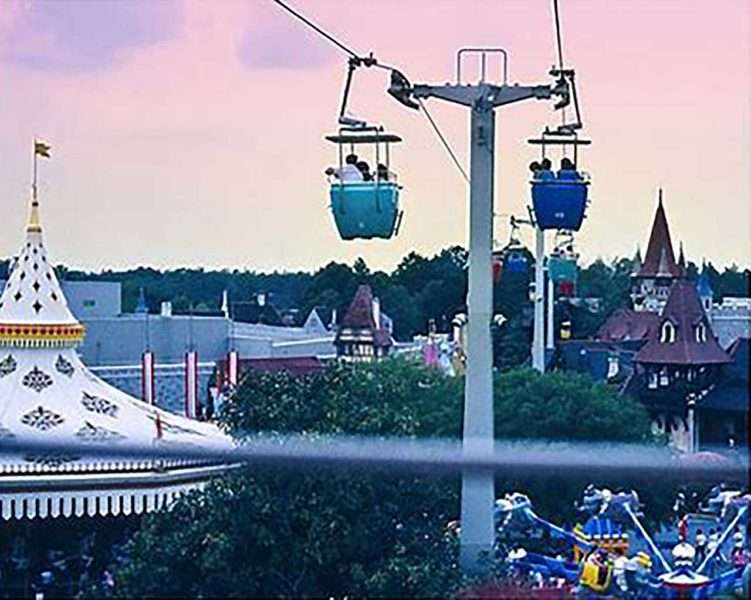
The Skyway opened on June 23rd, 1956. Since the Skyway ferried guests between Fantasyland and Tomorrowland (For the price of a “D” ticket coupon), it was called the Skyway to Fantasyland and the return voyage, the Skyway to Tomorrowland. The gondolas were called “Sky Buckets”. The original buckets were round, held only two guests and had a center post between the guests. It was an immediate hit with the guests. The lines remained long, even up to the time is closed.
In 1959, Disney added four new attractions to Disneyland. The equally famous transport system, the Disneyland Monorail, the Submarine Voyage, the Motor Boat Cruise and the Matterhorn. The Matterhorn, an attraction that Walt himself gleaned from vacationing in Switzerland while filming the “Third Man and the Mountain”. The beauty of the Matterhorn inspired Walt, he sent a postcard back to Imagineer and architect Vic Greene and said…” Vic, Build this. Walt” Between Fantasyland and Tomorrowland, there was an area named “Holiday Hill”, which was made up from the excavation of Sleeping Beauty Castle. Walt had benches and pathways on this hill to foster use as a picnic area. It more than often was used as a lover’s land. In addition, the 60’ center pylon of the Skyway was in the middle of “Holiday Hill”.
So, in anticipation of the new Matterhorn bobsled attraction (The first roller coaster to feature a tubular steel track), the Skyway closed down late in 1957. The Matterhorn was deliberately planned to be constructed in the path of the Skyway. The 60” support tower was demolished and the Matterhorn Bobsleds was built in its stead.
In 1959, the Skyway reopened with the Monorail, Boat Cruise, Submarine Voyage and the Matterhorn. The Skyway passed straight through the center of the Matterhorn, via two entrances on both sides. Guests entering the Matterhorn were treated to what some would call a hollow chamber. Any exposed framework was sparsely covered, but hearing the screams of the Matterhorn riders was lots of fun. In 1965, the attraction’s original round two-seater buckets were replaced by rectangular four-seater buckets designed by Imagineer Bob Gurr, doubling guest capacity.
Disneyland closed the Skyway on November 9th, 1994. It was first stated by Disney that it was due to diminishing popularity, and the Cast Members would be needed to staff the new Indiana Jones Adventure ride, “Temple of the Forbidden Eye”, slated to open in 1995. Also cited were stress cracks in the Matterhorn supports. This plus a variety of variety of economic factors, including the attraction’s age and carrying capacity, staffing requirements, maintenance costs, and the expense required to upgrade the Skyway to conform to newer safety and access, were the real causes of its demise. The Chalet stood neglected until being demolished on June 14th, 2016.
As a result of the Skyway and the other copious successes at Disneyland, Walt Disney was known internationally as the go-to expert on technologies and planning. With the announcement of the ‘64- ‘65 New York Worlds Fair, Walt envisioned a venue to try out new ideas and technology. He would use the fair to test out receptivity of a new Park in Florida, and three new attractions…Great Moments with Mr. Lincoln, for the state of Illinois, It’s a small world for Pepsi-Cola, Progressland for General Electric, and for the Ford Motor Company Pavilion, a twist on his Disneyland Skyway.
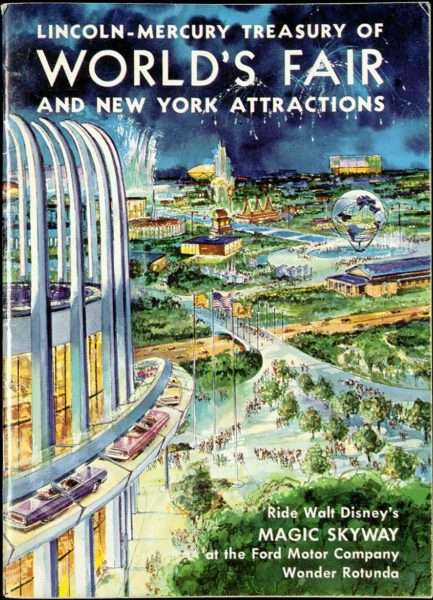
The Ford Motor Company wanted to showcase their cars and tell their corporate story and provide guests with a “unique and memorable entertainment adventure” Their go-to guru, Mr. Walter Disney. Ford acknowledged that Walt had the know-how in crowd movement and control, the talented craftsmen in his studio and was second to none in telling a story. Due to the loss of their Ford Rotunda in Dearborn, they wanted the pavilion in a rotunda form. With the genius of architect Welton Becket, Walt had Becket design two concurrent shows, product displays, and queue areas. This allowed for 4,000 guests per hour. Guests in the Ford pavilion first observed a series of exhibits, centering on Ford history and products. The Disney touch was everywhere. The miniature villages of the International Gardens aped the Storybook Land Canal Boats in Disneyland. There was even a Disney build “Animated Orchestra” encompassed with Ford auto parts.
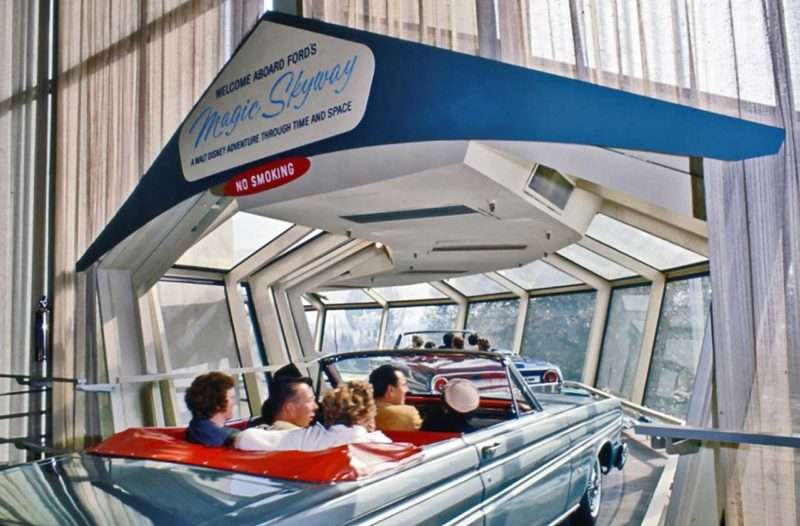
The highlight of the attractions was the Magic Skyway ride. Riding in Ford convertibles, guests rode through an imaginativeness story of the past and future in just 12 minutes. The ride began with the cars gliding along outside the Rotunda building through a transparent glass tunnel. This idea was conceived by legendary Disney Imagineer John Hench, giving riders a perfect view of the fairground from the upper level of the pavilion and allowed fairgoers to glimpse the new Ford models from below. The cars were fixed in place, attached to a track that moved them at evenly spaced intervals. This track technology was the major goal for Disney and the Imagineers. Back in the pavilion, guests sped through a time tunnel to the past. Guests found themselves in “a dim primeval place of strange sounds and sights.” Passing Dinosaurs in combat and other scenes, arriving at the dawn of man. Walt wanted a “realistic” experience and achieved it through the new technology, Audio-Animatronics. Guests than returned to present time, whereafter the ride, guests could view many Ford products and presentations. Needless to say, the effort was an enormous success for Disney and Ford. With four top-ten attractions at the New York World’s Fair, Walt Disney established an impressive record working with large corporations.
After the Fair, Disney brought back to Disneyland, the three non-Ford attractions, Great Moments with Mr. Lincoln, It’s a Small World and Progressland for General Electric, which morphed into Walt Disney’s Carousel of Progress.
The Skyway was also in Tokyo Disneyland and the Magic Kingdom in Walt Disney World. The Tokyo ride version took approximately two and a half minutes and was enclosed with Plexiglas windows. It was the shortest length of all three Skyways and the shortest in operation. From opening day on April 15th, 1983 till its closure on November 3rd, 1998 it operated only 15 years. It’s Fantasyland station was removed for Pooh’s Hunny Hunt, which bowed in 2000. Disneyworld’s Skyway was an opening day attraction on October 1st, 1971, and was again the cost of a “D” coupon. This was the only Skyway to make a turn halfway through the ride. Precisely 5 years after Disneyland closed its Skyway, Walt Disney World shuttered theirs. In the summer of 2009, the Tomorrowland stations were bulldozed during the Space Mountain refurbishment, the lower lever continuing on as restrooms. The Fantasyland stations, now used as stroller parking was demolished in 2011 for new restrooms and a transition area between Liberty Square and Fantasyland.
Over the years there have been unsubstantiated rumors why the Skyways were closed. One rumor was prompted by a guest who fell from the ride months earlier. This is false. On Sunday, April 17th, 1994, supposedly a man, Randle Charles fell 20 feet and landed in a tree near the Alice in Wonderland attractions. He sued Disney, but it was shown that Charles did jump, not fall from the cabin and that his lawsuit was “Ill-advised” against Disney. The decision to permanently close Disneyland’s Skyway were strictly economic ones and had no connection to the incident.
In a similar occurrence at Walt Disney World, in February of 1999, a custodian was cleaning on of the platforms when the Skyway started up unexpectedly. Cast Member Raymond Barlow was sweeping off a narrow platform that was inaccessible to guests after the 9 am opening. Ride operators were unaware of his location, started the ride. Barlow, seeing the gondola approach, grabbed on and tried to get inside. He fell about 40 feet into a flower bed and died. The Occupational Safety and Health Administration later ruled that the area in which Barlow had been working violated federal safety codes and fined Walt Disney World $4,500 for a “serious” violation of safety standards. Several months later, in November 1999, the Magic Kingdom’s Skyway was also permanently closed. Once again, the decision to close the attraction was based on factors other than its being involved in a recent accidental death.
In addition to the above concerns, there was the perpetual problem of teenagers spitting and throwing things on the guests below, adding this was the death knell to this classic attraction. But as one attraction fades, many more take their place. Attractions like the upcoming Star Wars themed lands in the Studios and Disneyland. The new Animal Kingdom’s Pandora and Avatar attractions, the re-imagined Disney Springs, the upcoming Star Wars-Inspired Themed Resort just to name a few. Sometimes to maintain the Magic, we must lose a little bit of it along the way. But this is not to say that extinct rides stay that way. After close to twenty years of absence, Disney plans to resuscitate the classic Skyway in a modern-day take at the Walt Disney World Resort. The new ‘Disney “Skyliner” will connect Disney’s Art of Animation, Pop Century, and Caribbean Beach resorts, as well as the Disney Riviera Resort, with other locations such as Disney’s Hollywood Studios and the International Gateway at Epcot. The gondolas carts will feature favorite Disney characters. So who knows, maybe another favorite “Classic” attraction will reawaken!

